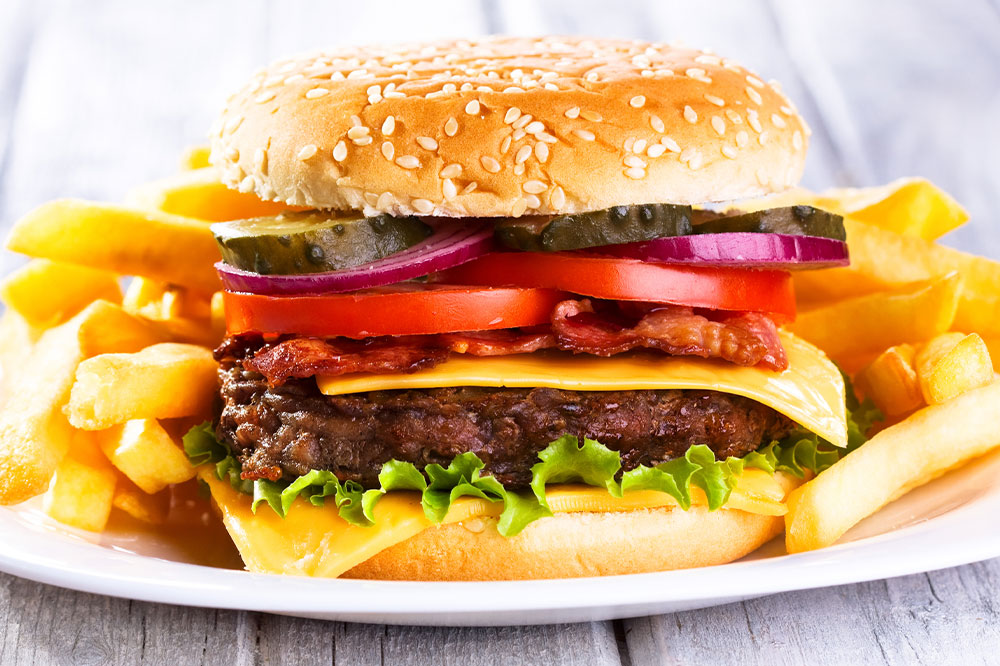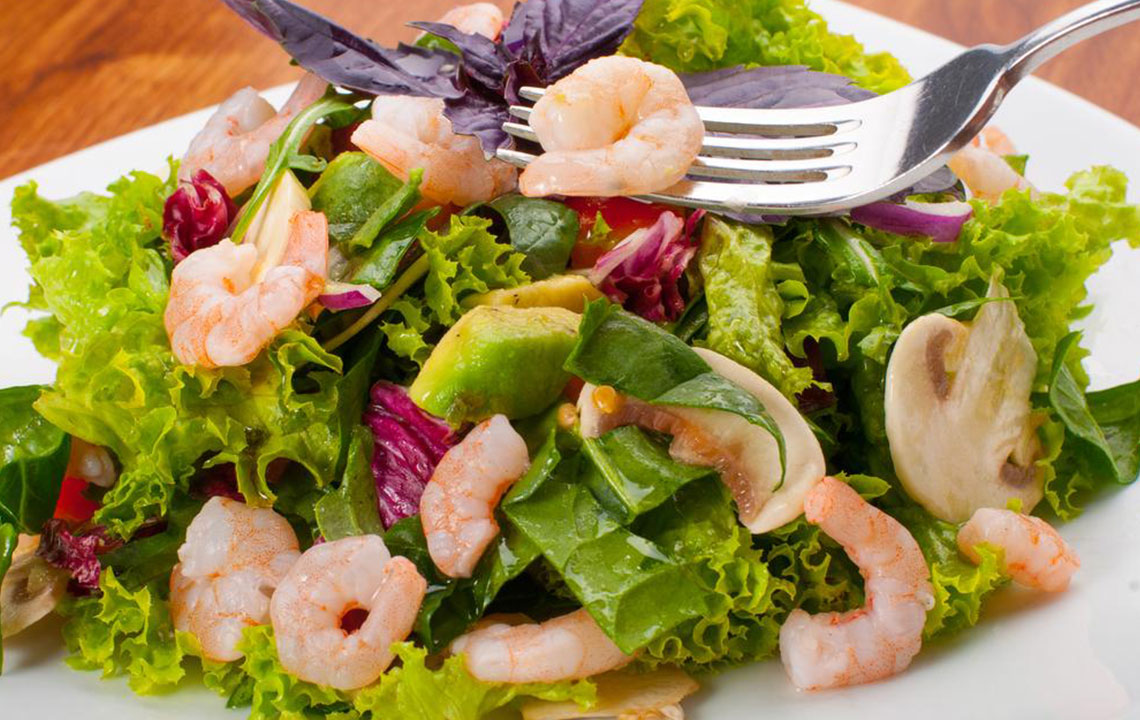Essential Guide to Foods That Elevate Cholesterol and How to Limit Them
This comprehensive article explores foods that raise cholesterol levels, including fried foods, fast food, sweets, and processed meats. It offers practical dietary tips to limit these foods and choose healthier alternatives, emphasizing the importance of a balanced diet, exercise, and professional guidance for maintaining optimal heart health. Learn how to modify your eating habits to reduce risks of heart disease and improve overall well-being.

Essential Guide to Foods That Elevate Cholesterol and How to Limit Them
Maintaining healthy cholesterol levels is fundamental for optimal cardiovascular health. Cholesterol is a waxy, fat-like substance that circulates in our bloodstream, contributing to the formation of plaques within arteries. Our bodies naturally produce cholesterol, but diet plays a significant role in influencing its levels. There are two primary types of cholesterol: Low-Density Lipoprotein (LDL), often labeled as 'bad' cholesterol, and High-Density Lipoprotein (HDL), known as 'good' cholesterol. While HDL helps remove excess cholesterol from the bloodstream, elevated LDL levels can contribute to blockages, increasing risks of heart attack, stroke, and other cardiovascular diseases.
To promote heart health and prevent chronic illnesses, it is crucial to be aware of and limit the intake of certain foods that significantly raise cholesterol levels. This comprehensive guide details four major food categories that are known for their high cholesterol content and adverse health effects, along with practical tips to incorporate healthier choices into your diet.
Fried Foods and Their Impact on Cholesterol
Fried foods are notorious for their high trans fat and saturated fat content, both of which are detrimental to cardiovascular health. Foods prepared by deep-frying, such as fried chicken, French fries, and cheesy snacks, often contain trans fats generated during partially hydrogenated oil processing. Regular consumption of these foods elevates LDL cholesterol, promotes inflammation, and increases the risk of developing atherosclerosis.
Moreover, fried foods are calorie-dense and often lack essential nutrients, contributing to weight gain and metabolic issues. To reduce the negative impact, it's advisable to limit fried food intake and explore healthier cooking methods such as baking, grilling, steaming, and sautéing with minimal oil. Incorporating more plant-based options and nuts in your diet can help lower cholesterol naturally.
Fast Food and Its Role in Elevated Cholesterol Levels
Fast food remains a major contributor to high cholesterol levels due to its high saturated fat, trans fat, salt, and calorie content. Classic items like cheeseburgers, fried chicken sandwiches, onion rings, and sugary soft drinks are popular choices but harmful when consumed frequently. These foods can cause spikes in blood sugar levels and trigger inflammatory responses, further stressing your cardiovascular system.
Replacing fast food meals with homemade, nutrient-dense dishes prepared with fresh ingredients can make a significant difference. Emphasize consuming lean proteins such as grilled chicken or fish, whole grains, and a variety of vegetables. By making healthier substitutions, you can enjoy delicious meals without compromising your heart health.
Sweets, Desserts, and Their Effect on Cholesterol
Sweets like ice cream, pastries, cookies, and candies are typically high in processed sugars, trans fats, and refined carbohydrates. These components can contribute to weight gain, insulin resistance, and increased LDL cholesterol levels. Excessive sugar intake is also linked with inflammation and the development of metabolic syndrome.
For a healthier approach, opt for naturally sweet options like fruits, nuts, and seeds. Incorporate desserts made with whole grains, natural sweeteners, and healthy fats whenever possible. Moderation is key to enjoying treats without adversely affecting your cholesterol profile.
Processed Meats and Their Hidden Health Risks
Processed meats, including bacon, sausages, hot dogs, and salami, are common staples in many diets but are notoriously high in cholesterol, saturated fats, and sodium. Regular consumption of these meats is associated not only with elevated LDL cholesterol but also with increased risks of colon cancer and other chronic diseases.
To improve dietary quality, consider replacing processed meats with lean, unprocessed sources of protein such as poultry, fish rich in omega-3 fatty acids (like salmon and mackerel), legumes, and plant-based proteins. Incorporating high-fiber foods like oats, barley, and vegetables can further help reduce cholesterol absorption and support overall heart health.
In summary, adopting a balanced diet, engaging in regular physical activity, and consulting healthcare professionals for personalized advice are fundamental steps toward managing cholesterol levels effectively. Minimizing intake of unhealthy, cholesterol-boosting foods and embracing nutritious alternatives can substantially reduce cardiovascular risks and enhance your overall well-being.





